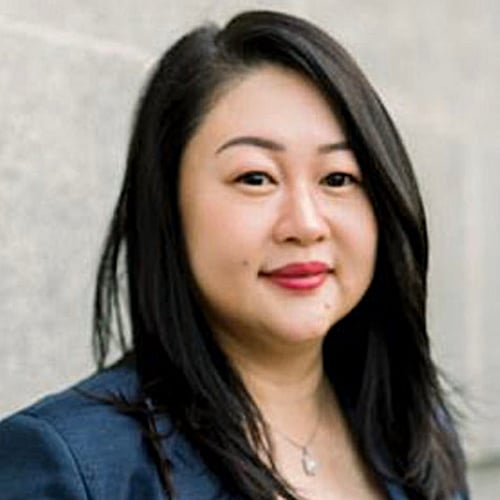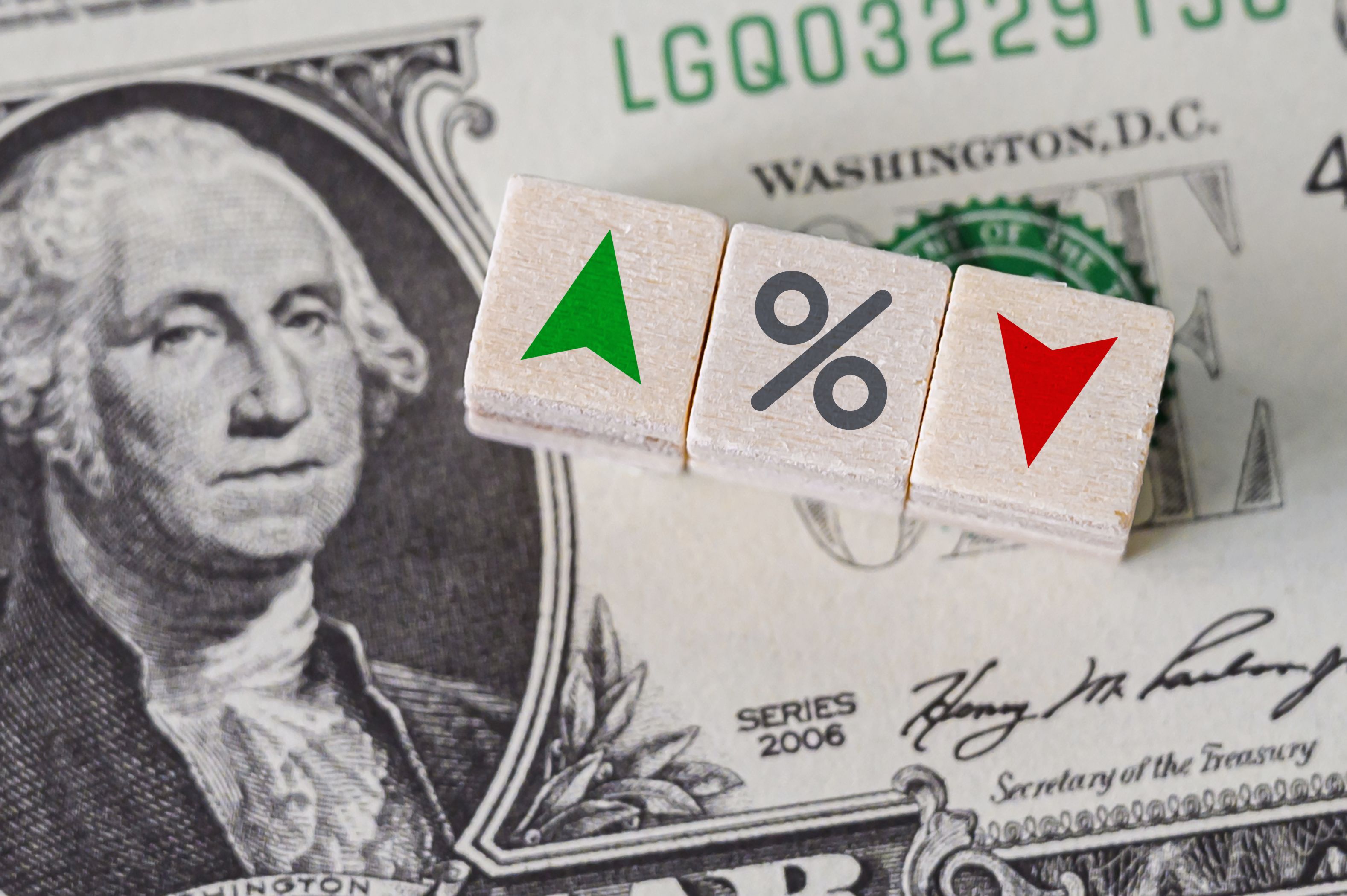Major sovereign wealth funds in Asia are seeking more co-investments in a low interest rate environment, despite a general trend towards greater insourcing. As their assets grow and venture beyond traditional sources of yield, sovereign wealth funds (SWFs) could look for managers as partners in new strategies.
Research by Cerulli Associates shows that the proportion of assets under management sourced from sovereign funds fell 5.3 percentage points to 14.2% in 2019, while shares of institutional AUM sourced from pension funds, central banks, and quasi-government organizations rose 2.0 to 2.2 percentage points.
China Investment Corporation (CIC), one of the world’s largest sovereign wealth funds (SWFs), reduced the externally managed portion of its portfolio to 52.2% at the end of 2019, from 66.9% in 2015, and funds like Korea Investment Corporation (KIC), as well as Singapore’s GIC and Temasek, have built significant internal capabilities over the years.
Building internal capabilities takes time, however. Large institutions typically request for knowledge transfer when working with external managers, especially when knowledge on the subject matter is limited, to eventually fortify their in-house expertise. That is why co-investing makes business sense for SWFs and other asset owners, even if they already have significant competencies, Cerulli says, adding that cost-cutting and potentially improving net returns are also important considerations for co-investors.
For example, CIC co-invested with private equity fund managers such as France’s Eurazeo and Japan’s Nomura Holdings, and made several investments last year via its UK-China Cooperation Fund, Japan-China Capital Partners, and two other cooperation funds with Italy and France.
Meanwhile, KIC plans to increase its alternative investment allocation, to 20% by 2024 from 16% currently, through various ways, including joint ventures with other SWFs and co-investments with general partners. GIC has continued to search for opportunities in the real estate sector during the market dislocation caused by the pandemic. In February this year, it joined forces with Dutch pension investor APG to acquire the Hotel Edition in Madrid for 220 million euros (US$241.4 million).
“Active management and investment outsourcing are still vital to help institutions diversify and seek higher returns amid current market volatility,” says Ken Yap, managing director, Asia, at Cerulli Associates. “As part of the shift towards increasingly collaborative outsourcing relationships, managers need to be agile in their approaches and continuously build and maintain rapport with their institutional clients, as well as explore opportunities in areas such as co-investments.”









